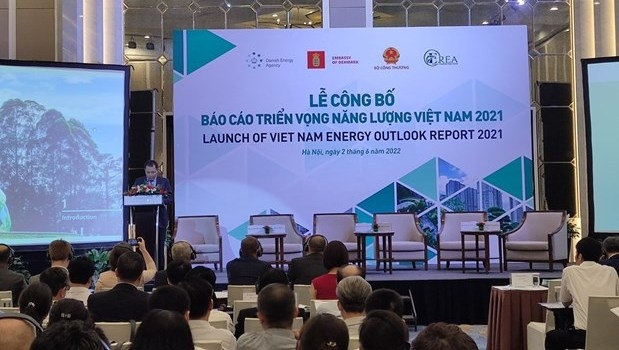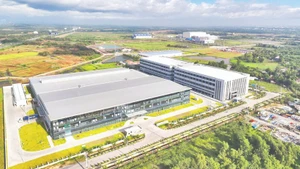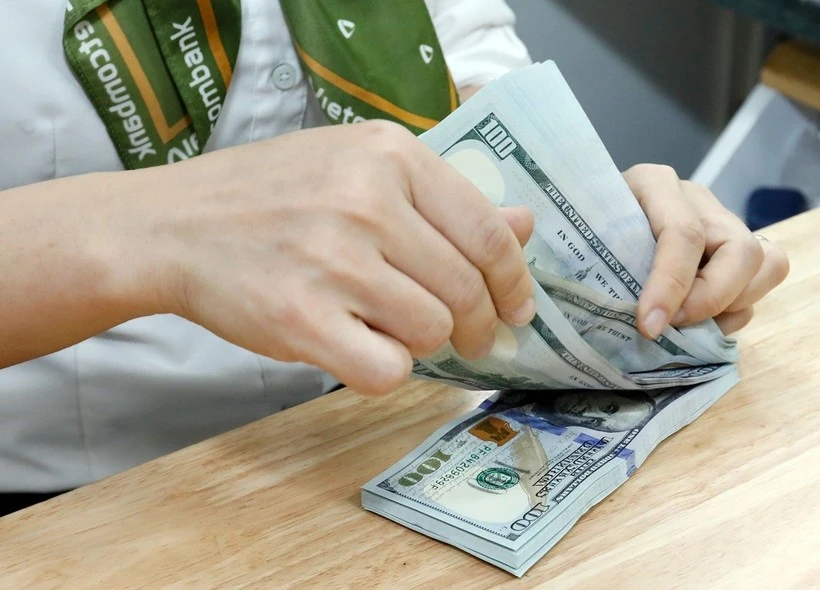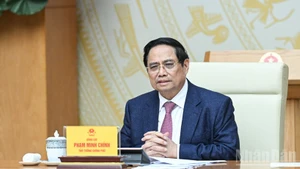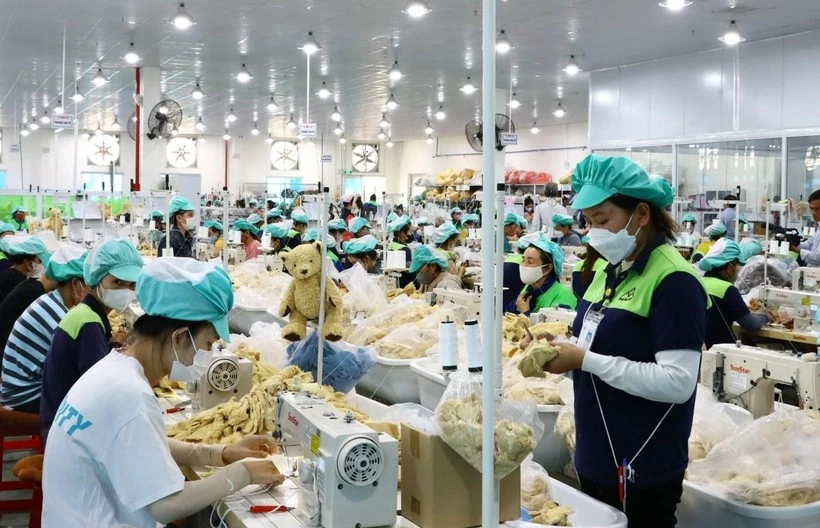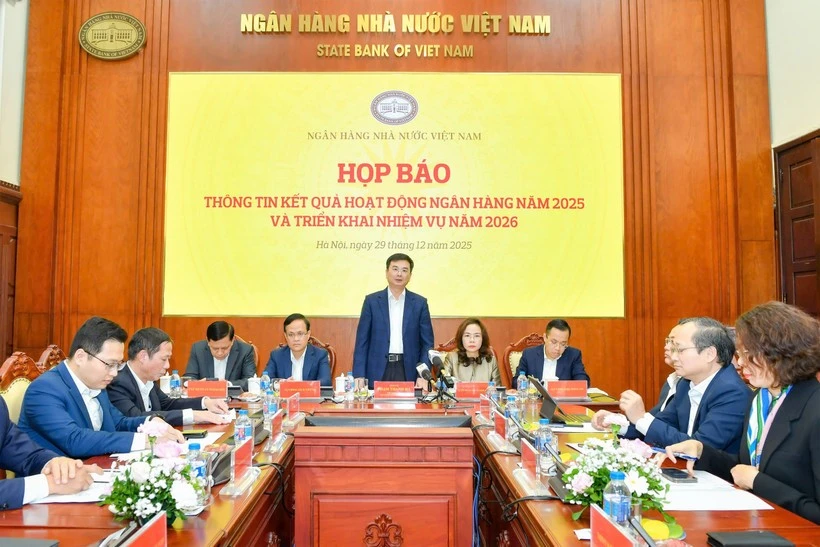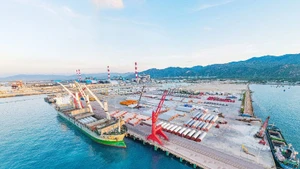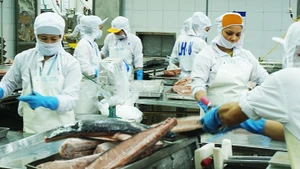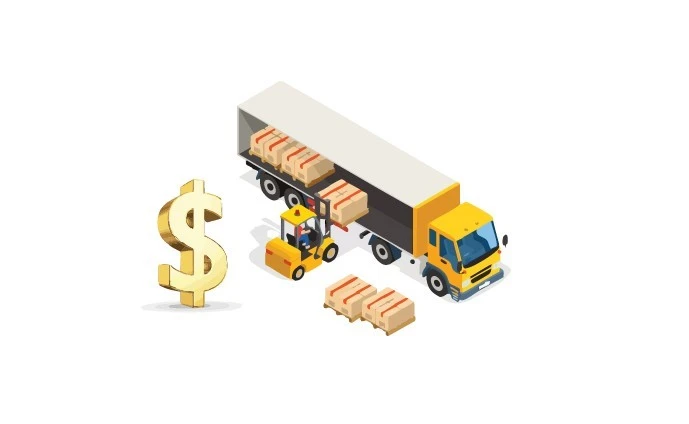The report is a joint product of the DEA and the Electricity and Renewable Energy Authority under the Vietnamese Ministry of Industry and Trade, which provides a scenario-based foundation for policy action by shedding light on the development of the Vietnamese energy system towards 2050.
This year’s report also examines future pathways with comprehensive findings and recommendations for Vietnam to reach the net-zero emissions target by 2050.
To reach net zero emissions by 2050, energy storage is needed but not until after 2030. Battery storage is cost-efficient but too costly for Vietnam in the short term, Eversbusch said.
Analyses show that actual transmission costs are not too expensive so reinforcement of transmission capacity is needed, he said, noting this solution should be the first choice since technologies for it have fully developed.
Deputy Minister of Industry and Trade Dang Hoang An, for his part, said the report was based on well-documented data and good modelings to develop scenarios for the energy development in Vietnam. It provides useful information on the energy system in both short and long term, which stays in line with the Government of Vietnam’s policy on sustainable energy development in association with environment protection and energy security goals.
